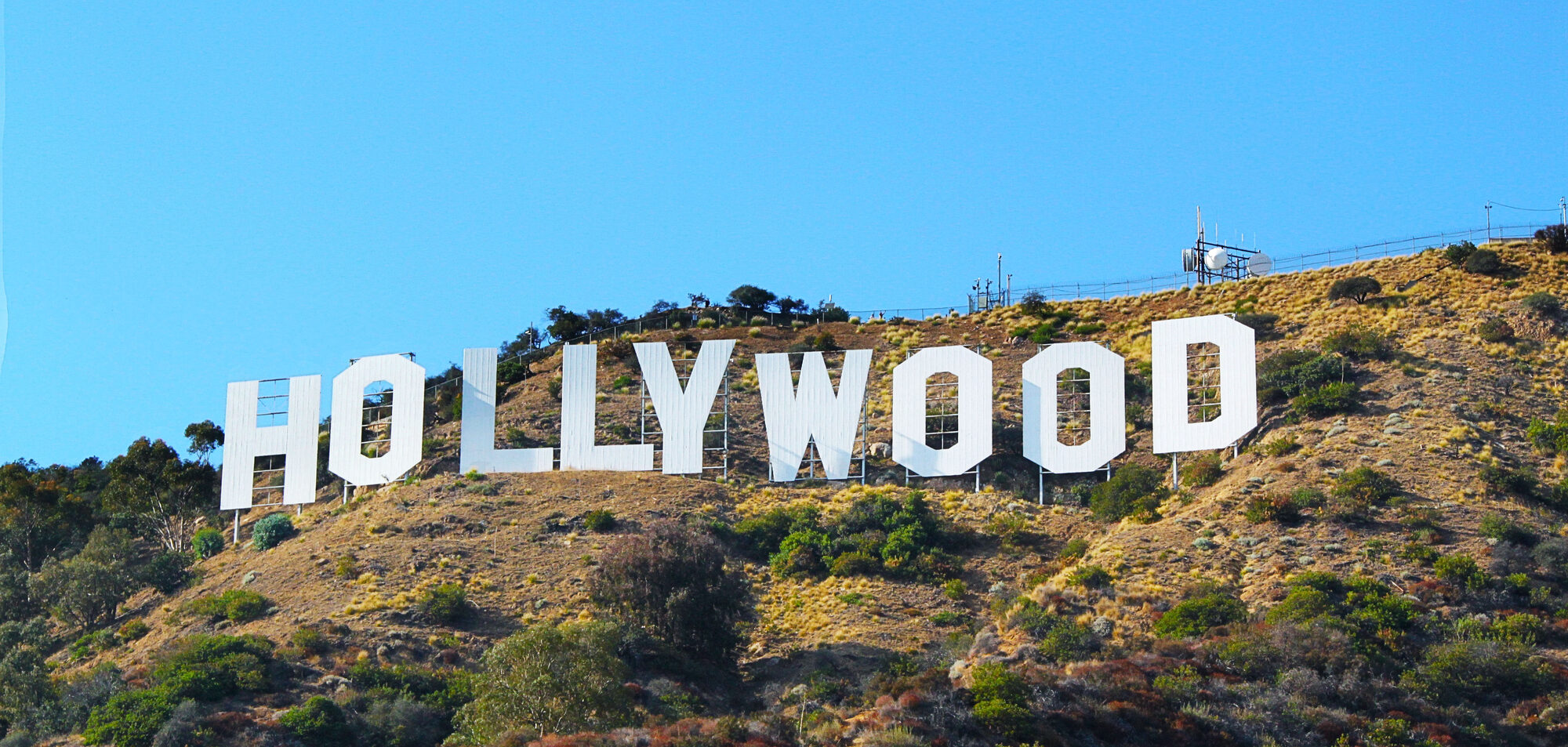Celebrity Death Pools: Navigating the Morality and Strategy

Celebrity death pools, where participants predict which famous people will die in a given year, have become an increasingly popular form of entertainment and gambling. However, these games also raise ethical concerns about profiting from or making light of someone’s death. This article will examine the history of celebrity death pools, the psychology behind our morbid fascination with mortality, arguments for and against participating, and strategies for making effective predictions in 2024 and beyond.
The History and Popularity of Celebrity Death Pools
Death pools likely originated as informal guesses among friends about which celebrities would pass away in a year. The mainstream popularity increased with the internet, allowing strangers to compete globally on prediction accuracy. Online death pool forums now boast tens of thousands of members.
The basic premise is simple. Participants draft a list of celebrities they expect to die within a year. Those with the most correct predictions win prizes or bragging rights. Pools may run annually, with drafts starting each January, or contestants can join mid-year. Players tend to target elderly stars or those with known health issues.
Death pools saw peak interest in 2016 when numerous music and acting icons died, fueling speculation over who would be next. While public appetite has cooled slightly, many still partake for entertainment or as a display of shrewdness.
The Appeal of Morbid Curiosity
While many criticize the ethics of death pools, their popularity speaks to an innate human fascination with mortality. This phenomenon is known as morbid curiosity – an interest in disturbing or death-related topics. Researchers have proposed several theories for why morbidity intrigues us.
One theory posits that contemplating mortality provides an emotional outlet. Thinking about the death of a celebrity we have no personal connection to allows us to process feelings about death from a safe psychological distance. Pools may also satisfy curiosity about taboo topics that normally remain hidden like deteriorating health. They offer a structured way of engaging macabre fascination.
Another explanation is that an interest in mortality reinforces feelings of vitality. When contrasted with the end of life, one’s own health and youthfulness become more salient. Viewing celebrities as fragile may help diminish their cultural status and make their lives more relatable. In this way, death pools allow participants to feel more alive.
Of course, morbid curiosity has its limits. Ethical concerns arise when it lacks empathy or descends into inappropriate voyeurism. But an abstract interest in death itself may be part of human cognition. Death pools capitalize on this fascination at the expense of good taste.
Debating the Morality of Celebrity Death Pools
With increased visibility have come debates about the ethics of celebrating celebrity deaths. Supporters view pools as a harmless way to engage with pop culture. As public figures, famous people arguably invite speculation about their lives and legacies. But others raise several moral objections.
Profiting from death
Critics argue death pools treat mortality like a game to win money or recognition. Making correct picks requires hoping for someone’s passing. This seems morbid and an affront to human dignity. However, defenders note that wishing for an inevitable event is different from causing harm directly.
Disrespecting grieving families and fans
Even if the deceased is in the public eye, their loved ones likely value privacy in mourning. Flippant speculation on celebrity deaths seems insensitive to those personally affected. That said, tabloids and news outlets already publish obituaries assessing famous lives. Death pools piggyback more than drive public obsession.
Ageism and ableism
Pools have been accused of ageist bias in targeting elderly stars simply for being old. Joking about health conditions like cancer or dementia also demonstrates ableism. Counterarguments note that predicting age-related deaths shows no ill will, while speculating about sick celebrities acknowledges their resilience.
Overall, assessing individual morality depends on one’s views of privacy, free speech, and gallows humor. Most agree death pools warrant tasteful implementation, such as avoiding offensive language or profiting off participants.
Strategies and Tips for Making Picks
Setting ethical issues aside, certain approaches may improve one’s odds in a celebrity death pool. First, familiarize yourself with online resources listing stars’ ages, health backgrounds, and lifestyle risks. Avoid improbable long-shot picks in favor of those with identifiable risk factors.
Consider advanced age
Pools favor picks between 75 and 95 years old. The highest mortality rates hit those in their 80s. However, don’t assume older always means nearer death. Jimmy Carter and Yoko Ono have defied expectations by lasting into their 90s.
Research medical histories
Certain diseases like cancer and heart disease are leading causes of death. But don’t jump to conclusions either. Some faced ongoing battles with illness yet defied the odds, like Ruth Bader Ginsburg surviving repeated cancer diagnoses before her death in 2020.
Factor in lifestyle risks
Substance abuse, dangerous hobbies, and other risky behaviors increase a celebrity’s chances of untimely death. But beware of speculating too loosely without evidence.
Remember unpredictability
Stats alone don’t predict mortality; there are always surprise deaths and people who outlive projections. Pools ultimately rely on some morbid guesswork. Diversify picks to hedge your bets.
Avoid repeat picks year to year
Living celebrities’ risk profiles change over time. Reusing past picks wastes a spot that could go to fresher possibilities.
Think big and small
Megastars like Dolly Parton or Harrison Ford are obvious choices. But lesser-known figures can make savvy dark horse picks as well.
Death pools test pop culture knowledge and prognostication skills. But approach them with nuance and humanity. The lives we speculate about had impact and meaning regardless of our guessing games.
Celebrity death pools have polarized audiences between morbid fascination and ethical outrage. They prompt discussions around respectful remembrance and public figures’ privacy after death. For participants, they represent an outlet for pop culture obsessives to test their predictive acumen. Approaching pools with research and perspective allows balancing the entertainment with appropriate sensitivity. But ultimately, our lives hold more value than being right about a stranger’s final days.







